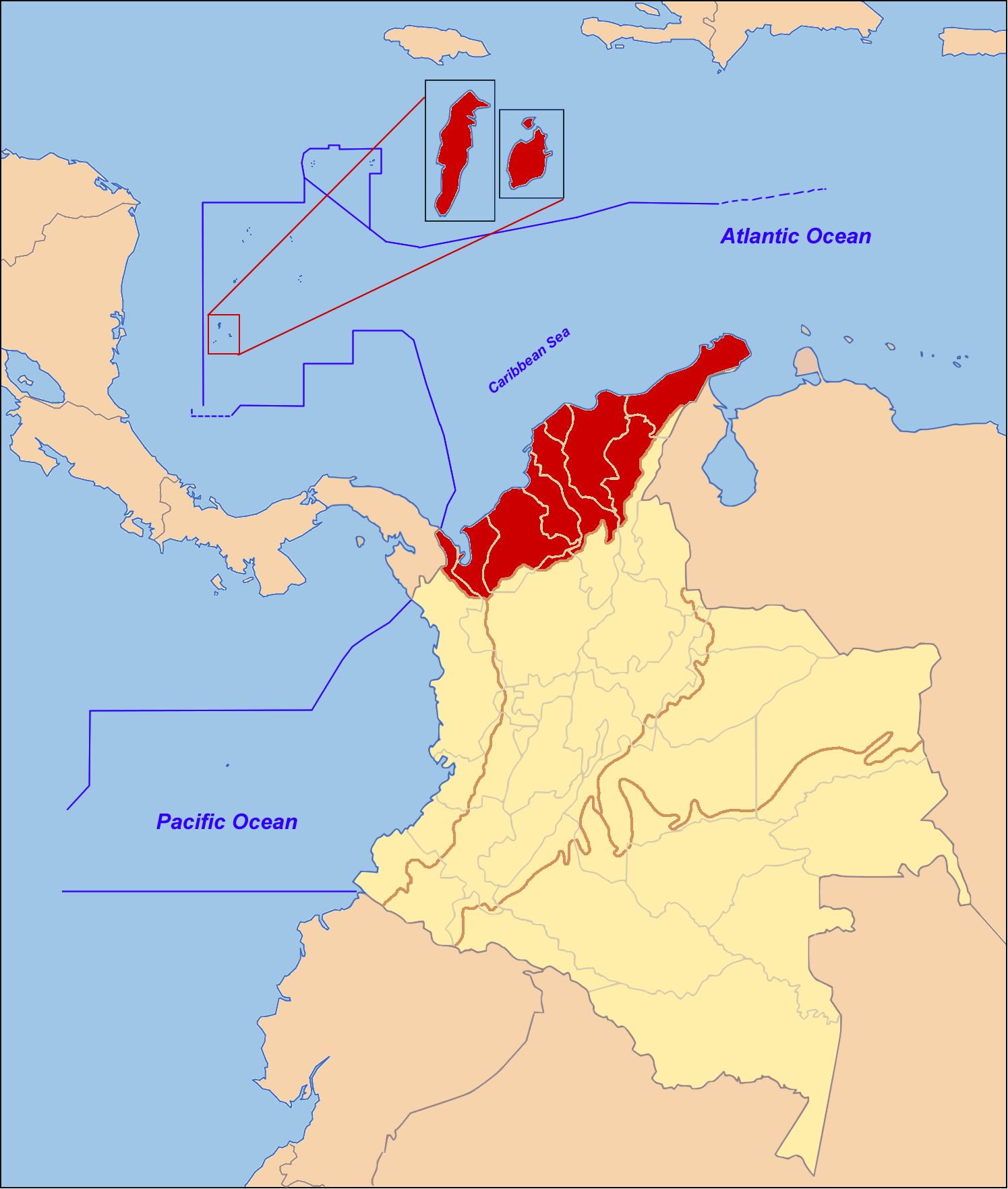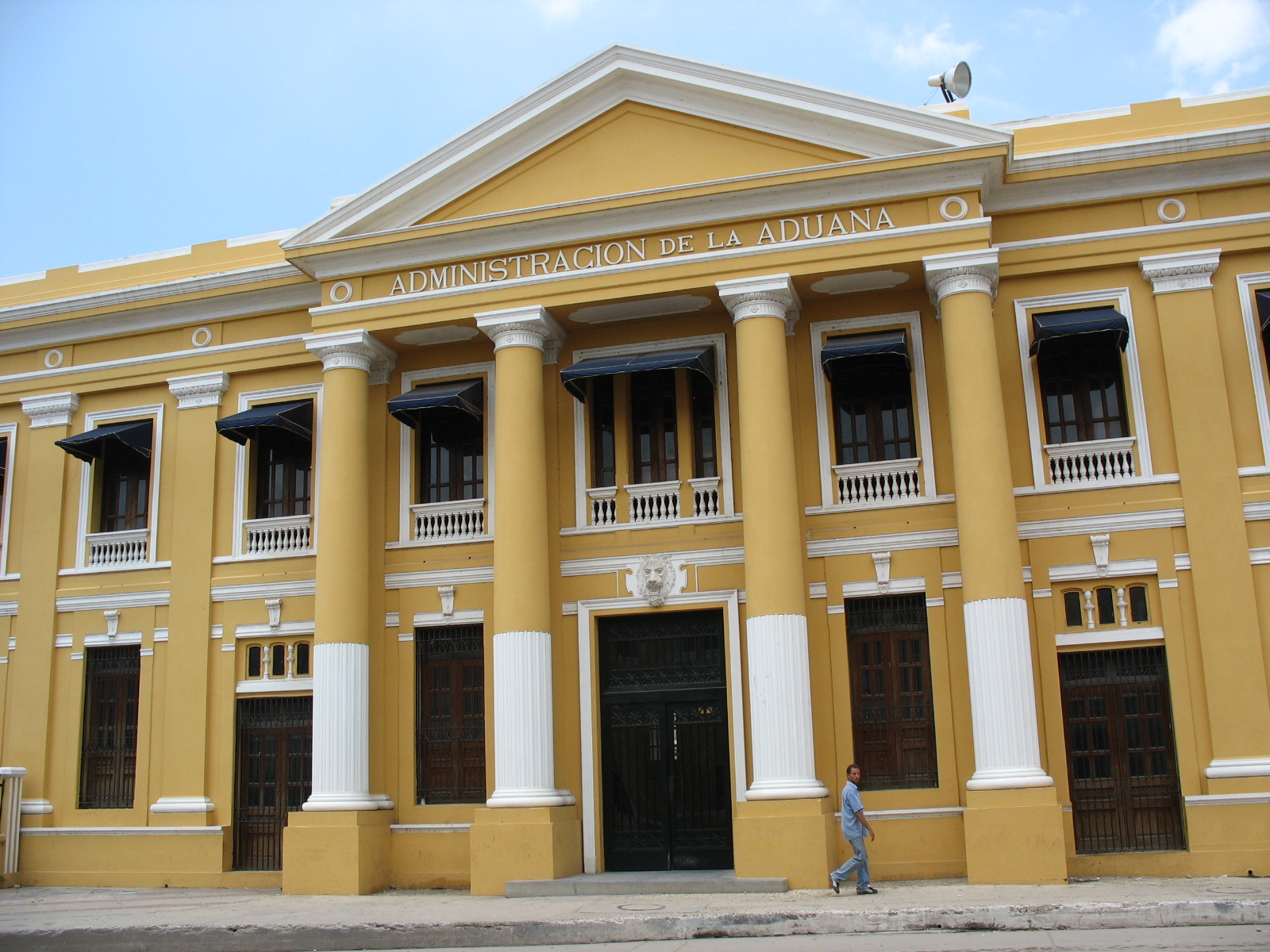|
Juan Gossaín
Juan Antonio Gossaín Abdallah (January 17, 1949 – ) is a Colombian radio national news director, chief editor, and journalist, as well as a novelist. He wrote the novel "The Ballad of María Abdala." He is well known for directing the RCN Radio Network (Radio Cadena Nacional de Colombia) from around 1984 to 2010 and during that time had his own radio program that was regularly broadcast in Colombia. Gossaín was a two-time winner in the radio journalism category of the Premio Nacional de Periodismo Simón Bolívar (Translated: Simón Bolívar National Journalism Award), a national award for Colombian journalism. Personal Juan Gossaín was born in San Bernardo del Viento, Córdoba Department, Caribbean region of Colombia around 1949 to his parents Juan Gossaín and Berta Abdallah. Gossaín's father and mother had immigrated to Colombia from Lebanon. Gossaín studied at Colegio La Esperanza in Cartagena, a boarding school in Cartagena, from age 9 to 17. He married his wife ... [...More Info...] [...Related Items...] OR: [Wikipedia] [Google] [Baidu] |
RCN Radio
RCN Radio (''Radio Cadena Nacional'', "National Radio Network") is one of the main radio networks in Colombia. Founded in 1949 with the integration of ''Radio Pacífico'' (Cali), ''La Voz de Medellín' and ''Emisora Nueva Granada'' (Bogotá). Carlos Ardila Lülle is its main shareholder since 1973. Networks and radioformulas *RCN La Radio (formerly ''Cadena Básica RCN''): the main network, broadcasting news, variety, and sports. *La FM: mix of news and music in FM. Founded in 1996. * Antena 2: sports. Founded in the early 1980s * La Mega: youth programming, Top 40. Founded in the early 1990s * Amor Estéreo (formerly ''La cadena del amor''): balada in Spanish * Radio Uno: at first, an AM station specialized in vallenato. In 2005, it moved to FM with a mix of tropical music, with rancheras, and baladas in Spanish. *Rumba Estéreo: tropical music (salsa, merengue, vallenato), in the 2000s switched to reggaeton. *Bolero Estéreo: specialized in boleros, online-only since the 2000s. ... [...More Info...] [...Related Items...] OR: [Wikipedia] [Google] [Baidu] |
Bogotá
Bogotá (, also , , ), officially Bogotá, Distrito Capital, abbreviated Bogotá, D.C., and formerly known as Santa Fe de Bogotá (; ) during the Spanish period and between 1991 and 2000, is the capital city of Colombia, and one of the largest cities in the world. The city is administered as the Capital District, as well as the capital of, though not part of, the surrounding department of Cundinamarca. Bogotá is a territorial entity of the first order, with the same administrative status as the departments of Colombia. It is the political, economic, administrative, and industrial center of the country. Bogotá was founded as the capital of the New Kingdom of Granada on 6 August 1538 by Spanish conquistador Gonzalo Jiménez de Quesada after a harsh expedition into the Andes conquering the Muisca, the indigenous inhabitants of the Altiplano. Santafé (its name after 1540) became the seat of the government of the Spanish Royal Audiencia of the New Kingdom of Granada (cre ... [...More Info...] [...Related Items...] OR: [Wikipedia] [Google] [Baidu] |
San Bernardo Del Viento
San Bernardo del Viento () is a town and municipality located in the Córdoba Department, northern Colombia Colombia (, ; ), officially the Republic of Colombia, is a country in South America with insular regions in North America—near Nicaragua's Caribbean coast—as well as in the Pacific Ocean. The Colombian mainland is bordered by the Car .... It is best known for its elegant spices and unique style of dance. References Gobernacion de Cordoba - San Bernardo del Viento Municipalities of Córdoba Department {{Córdoba-Colombia-geo-stub ... [...More Info...] [...Related Items...] OR: [Wikipedia] [Google] [Baidu] |
Córdoba Department
Córdoba most commonly refers to: * Córdoba, Spain, a major city in southern Spain and formerly the imperial capital of Islamic Spain * Córdoba, Argentina, 2nd largest city in the country and capital of Córdoba Province Córdoba or Cordoba may also refer to: Places Argentina * Córdoba Province, Argentina Colombia * Córdoba Department * Córdoba, Quindío * Córdoba, Bolívar * Córdoba, Nariño * Córdoba (wetland), a wetland of Bogota Mexico * Córdoba, Veracruz Spain * Province of Córdoba (Spain), of which Córdoba is the capital of ** Córdoba (Spanish Congress electoral district), the electoral district representing the province * Córdoba (Vino de la Tierra), a wine-producing region in Spain *Kingdom of Córdoba, historical territorial jurisdiction of the Crown of Castile Historical Islamic states * Emirate of Córdoba, 756–929 * Caliphate of Córdoba, 929–1031 * Taifa of Córdoba, 11th century Venezuela * Córdoba Municipality, Táchira, a municipalit ... [...More Info...] [...Related Items...] OR: [Wikipedia] [Google] [Baidu] |
Caribbean Region Of Colombia
The Caribbean region of Colombia or Caribbean coast region is in the north of Colombia and is mainly composed of 8 departments located contiguous to the Caribbean. MEMO: Natural Regions of Colombia Memo.com.co Accessed 22 August 2007. The area covers a total land area of , including the in the and corresponding to approximately 1/10 of the total territory of Colombia. The Caribbean region of Colom ... [...More Info...] [...Related Items...] OR: [Wikipedia] [Google] [Baidu] |
Cartagena, Colombia
Cartagena ( , also ), known since the colonial era as Cartagena de Indias (), is a city and one of the major ports on the northern coast of Colombia in the Caribbean Coast Region, bordering the Caribbean sea. Cartagena's past role as a link in the route to West Indies provides it with important historical value for world exploration and preservation of heritage from the great commercial maritime routes. As a former Spanish colony, it was a key port for the export of Bolivian silver to Spain and for the import of enslaved Africans under the asiento system. It was defensible against pirate attacks in the Caribbean. The city's strategic location between the Magdalena and Sinú Rivers also gave it easy access to the interior of New Granada and made it a main port for trade between Spain and its overseas empire, establishing its importance by the early 1540s. Modern Cartagena is the capital of the Bolívar Department, and had a population of 1,028,736, according to the 2018 ce ... [...More Info...] [...Related Items...] OR: [Wikipedia] [Google] [Baidu] |
El Espectador
''El Espectador'' (meaning "The Spectator") is a newspaper with national circulation within Colombia, founded by Fidel Cano Gutiérrez on 22 March 1887 in Medellín and published since 1915 in Bogotá. It changed from a daily to a weekly edition in 2001, following a financial crisis, and became a daily again on 11 May 2008, a comeback which had been long rumoured, in tabloid format (28 x 39.5 cm). From 1997 to 2011 its main shareholder was Julio Mario Santo Domingo. It is the oldest newspaper in Colombia. Since its first issue its motto has been "El Espectador will work for the good of the country with liberal criteria and for the good of the liberal principles with patriotic criteria". It was initially published twice a week, 500 issues each. It defined itself as a "political, literary, news and industrial newspaper". Years later it became a daily and in 2001 became a weekly. Since then, the paper uses the slogan "El Espectador. Opinion is news", implying it now focuses i ... [...More Info...] [...Related Items...] OR: [Wikipedia] [Google] [Baidu] |
El Heraldo (Colombia)
''El Heraldo'' ( en, The Herald) is a regional newspaper based in the city of Barranquilla, Colombia, founded in 1933 by Juan Fernández Ortega, Luis Eduardo Manotas Llinás, and Alberto Pumarejo Vengoechea. It is the third highest circulating newspaper in Colombia mostly covering the area of the Colombian Caribbean Region and other main cities in the country. References Publications established in 1933 Newspapers published in Colombia Mass media in Barranquilla Spanish-language newspapers {{Colombia-newspaper-stub ... [...More Info...] [...Related Items...] OR: [Wikipedia] [Google] [Baidu] |
Barranquilla
Barranquilla () is the capital district of Atlántico Department in Colombia. It is located near the Caribbean Sea and is the largest city and third port in the Caribbean Coast region; as of 2018 it had a population of 1,206,319, making it Colombia's fourth-most populous city after Bogotá, Medellín, and Cali. Barranquilla lies strategically next to the delta of the Magdalena River, (originally before rapid urban growth) from its mouth at the Caribbean Sea, serving as a port for river and maritime transportation within Colombia. It is also the main economic center of Atlántico department in Colombia. The city is the core of the Metropolitan Area of Barranquilla, with a population of over 2 million, which also includes the municipalities of Soledad, Galapa, Malambo, and Puerto Colombia. Barranquilla was legally established as a town on April 7, 1813, although it dates from at least 1629. It grew into an important port, serving as a haven for immigrants from Europe, espe ... [...More Info...] [...Related Items...] OR: [Wikipedia] [Google] [Baidu] |
Humberto De La Calle
Humberto de la Calle Lombana (; born 14 July 1946) is a Colombian lawyer and politician. He served as Vice President of Colombia from 1994 to 1997. De La Calle served in the cabinet as Interior Minister under two Presidents, Andrés Pastrana and César Gaviria. He also served as Ambassador to Spain and the United Kingdom. After 2003, De La Calle worked at his own Law firm which specialises in advising and representing international clients in Colombia. In October 2012 he was appointed by President Juan Manuel Santos as the chief negotiator in the peace process with the FARC. Education and Family During his high school years, De La Calle was a known activist of Nadaism and an admirer of Colombian poet Gonzalo Arango. He studied at the University of Caldas where he earned a law degree and met his future wife and mother of his three children. De La Calle then went on to study International Law at the Inter-American Judicial Committee in 1979. De la Calle is an atheist. Law car ... [...More Info...] [...Related Items...] OR: [Wikipedia] [Google] [Baidu] |
Biblioburro
The Biblioburro (The donkey library) is a traveling library that distributes books to patrons from the backs of two donkeys, Alfa and Beto. The program was created in La Gloria, Colombia, by Luis Soriano.Romero, Simon"Acclaimed Colombian Institution Has 4,800 Books and 10 Legs" ''The New York Times'', October 19, 2008. Accessed October 20, 2008. The biblioburro operates within the central municipalities of the Department of Magdalena, on Colombia's Caribbean shore. Soriano became fascinated with reading as a child and obtained a college degree in Spanish literature after studying with a professor who visited his village twice a month.Reel, Monte"A Four-Legged Drive To Help Rural Readers" ''The Washington Post'', September 5, 2005. Accessed October 20, 2008. A primary school teacher by profession, Soriano developed the idea after witnessing first-hand the power reading had on his students, most of whom had lived through intense life conflicts at a young age. Starting in the late ... [...More Info...] [...Related Items...] OR: [Wikipedia] [Google] [Baidu] |
1949 Births
Events January * January 1 – A United Nations-sponsored ceasefire brings an end to the Indo-Pakistani War of 1947. The war results in a stalemate and the division of Kashmir, which still continues as of 2022. * January 2 – Luis Muñoz Marín becomes the first democratically elected Governor of Puerto Rico. * January 11 – The first "networked" television broadcasts take place, as KDKA-TV in Pittsburgh, Pennsylvania goes on the air, connecting east coast and mid-west programming in the United States. * January 16 – Şemsettin Günaltay forms the new government of Turkey. It is the 18th government, last One-party state, single party government of the Republican People's Party. * January 17 – The first Volkswagen Beetle, VW Type 1 to arrive in the United States, a 1948 model, is brought to New York City, New York by Dutch businessman Ben Pon Sr., Ben Pon. Unable to interest dealers or importers in the Volkswagen, Pon sells the sample car to pay his ... [...More Info...] [...Related Items...] OR: [Wikipedia] [Google] [Baidu] |


.jpg)

